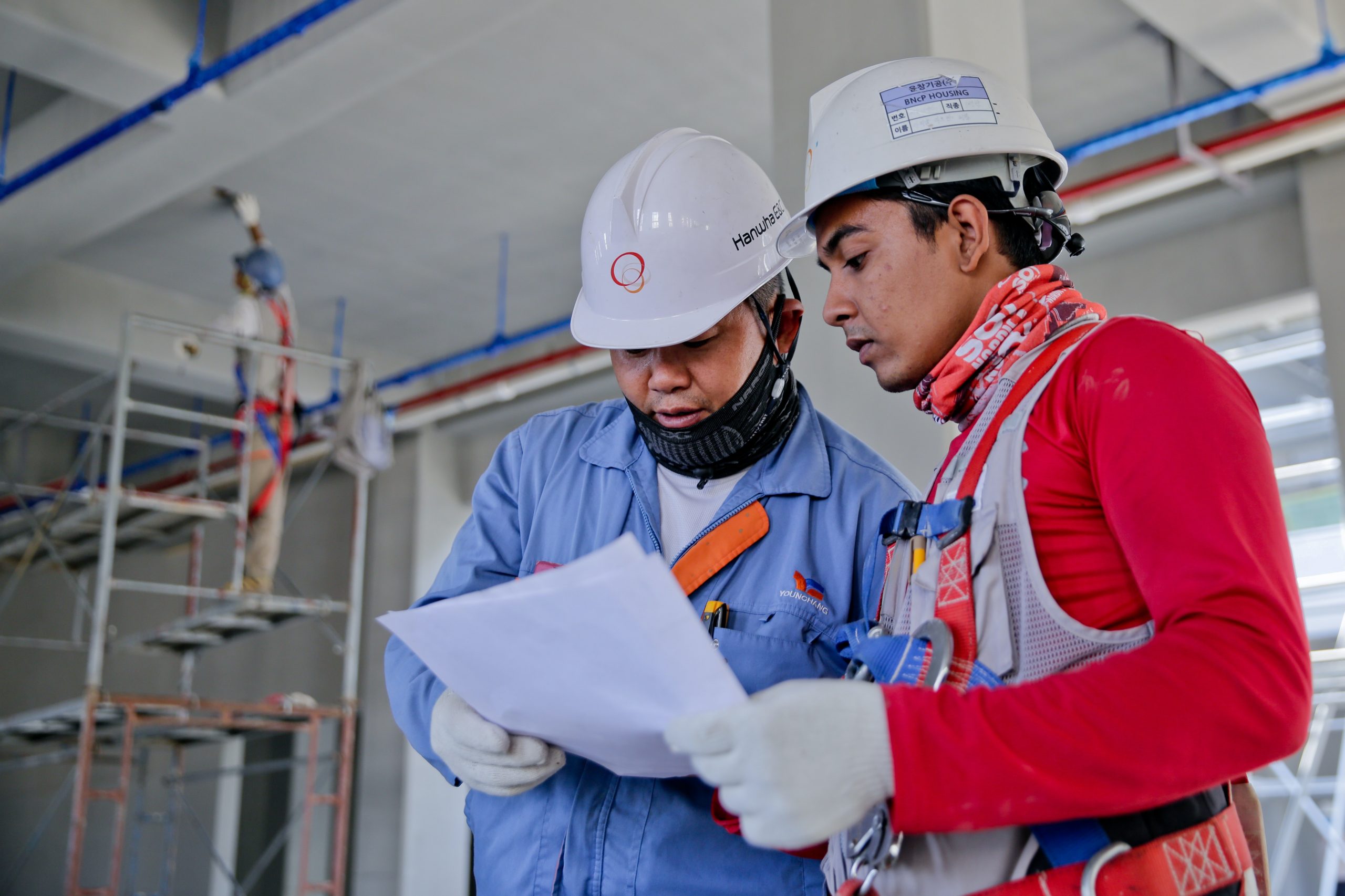Civil engineering is the study of infrastructures; it is concerned with the design, construction and maintenance of infrastructures. This involves both man-made built infrastructures and natural environmental infrastructures. Civil engineers often deal with the supervision and maintenance of these infrastructures. The influence they have had on our human environment is undeniable. They are responsible for roads, dams, bridges, canals, buildings, railways and pretty much any man-made built infrastructure you can think of.
How do you become a Civil Engineer?
In order to become a civil engineer, you will need to obtain the degree qualification. The entry requirements vary but generally three A levels including mathematics and one science will do.
What are the career prospects for a Civil Engineer?
The career prospects of a civil engineer are great and a civil engineer will always have options. If you develop a good understanding of design and construction processes, there will always be work for you as a civil engineer. There are multiple areas within many industries in which civil engineers can choose to specialise. This could be transportation, waste management, buildings, tunneling or anything related to building construction work. The work for civil engineers is demanding with a lot of outdoor work in all weather conditions. Your job is likely to include using your expertise to organise human and material resources on a building site. The average salary for civil engineers in the United Kingdom is around £31,000.
What is a Civil Engineering Degree like to Study?
Civil engineering degrees are interesting courses with theory and practical elements. There are many elements to structures and infrastructure and you will learn about the technical design and management of these infrastructures. Important design topics you will learn about on a civil engineering course include geology, soil mechanics, and fluids. You are likely to be assessed via exams, group work and surveying field work studying this course,
Civil Engineering Modules
Potential modules include:
- Civil engineering practice and surveying.
- Engineering geology.
- Hydraulics.
- Water in the environment.
- Materials and statics.
- Structural mechanics and analysis.
- Industry and profession.
Civil Engineering Chartership
In order to become a chartered civil engineer you will need to become a member of the Institute of Civil Engineers (ICE). You will need to have a civil engineering degree and some initial work experience. This initial work experience is known as initial professional development. You will also need to pass something known as a professional review. If you want to learn more about becoming a chartered civil engineer visit the ICE official website.
If you are not sure if this is the right degree for you have a look at our career advice article for helping you pick the right engineering degree.




